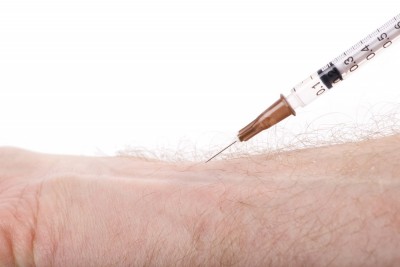Learning from Bus Buddhists
In psychological terms, context is almost everything. Much as we like to think that we know how we will act and react in a given situation, without the richness of...
Using Morphine to Improve Survey Results

Back when I was a market research manager at Pizza Hut I sat through several research debriefs where a shot of morphine might well have made the experience more bearable.
Invariably it was having tracking study results that caused me the greatest pain: hearing about how the globally-bestowed brand metrics had meandered in the past six months was never my favourite way to pass the time. I never could find a link between what we heard and what the real business figures told us was going on, beyond the blindingly obvious changes in awareness when we had an ad campaign on air.
However, to the best of my knowledge, doctors won’t prescribe opiates for such situations. It’s another domain entirely where survey results and pain avoidance have recently coincided in a fascinating way.
Research by doctors at the Cedars Sinai Medical Center in Los Angeles, California, examined the correlation between patients’ post-surgical pain evaluations and their overall hospital visit satisfaction scores.
They discovered that lower pain ratings after surgery were strongly correlated with better hospital satisfaction scores. Put another way, if you want your hospital to look better, don’t worry so much about being attentive or discussing medicine side effects; just whack up the pain relief!
In many ways this is not a surprise. People frequently misattribute one aspect of their experience or environment to something else. Misattribution occurs where something that is unrelated to the object of our attention influences our perception of it: it’s why…
The doctors’ research does raises an important issue about how well-placed patients are to evaluate a hospital experience through a survey.
This study reinforces my concerns that hospitals shouldn’t be wasting money on patient surveys and nor should governments be referencing the outcome of such surveys when evaluating the quality of healthcare.
Instead we need trained inspectors to evaluate hospital performance: I want people who can meaningfully contrast surgical outcomes across different hospitals and who can swab for superbugs to tell me where I should get treatment or to identify what a hospital should be focusing its efforts on to improve.
Perhaps people whose roles are evaluated through equally influence-prone customer satisfaction studies will learn from this: watch out for a shop assistant slipping something in your drink next time you’re in a store!
Philip Graves